Posts sorted by Science Cafe

Using Human stem cells for treating and understanding diabetes
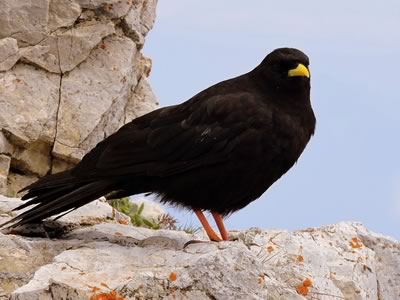
Ethical birding for the everyday naturalist
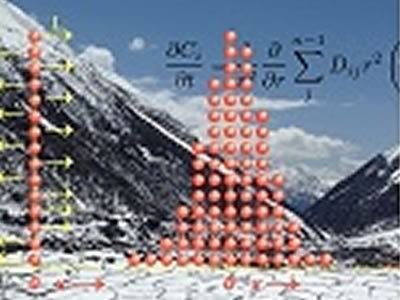
The fascinating stories rocks can tell: from nanoscale processes in Earth’s most complex material to the collision of continents
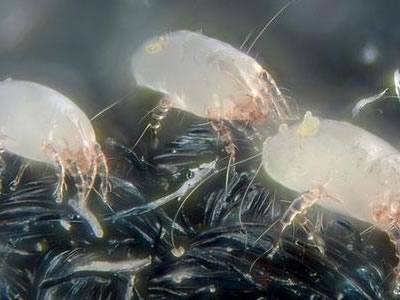
Uninvited guests in our homes: all things visible and invisible
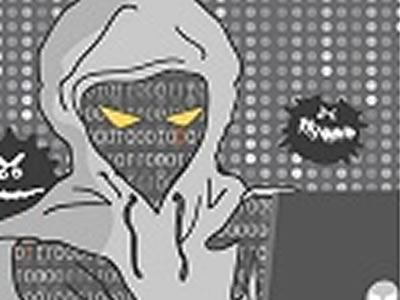
Staying safe online: exploring cyber threats and protection strategies
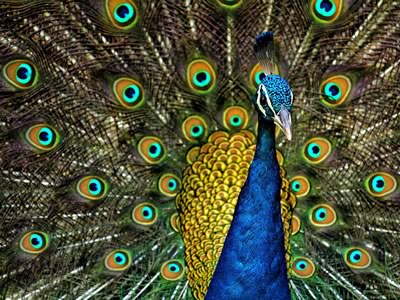
Sexual selection and mate choice: how and why animals are choosy when seeking mates
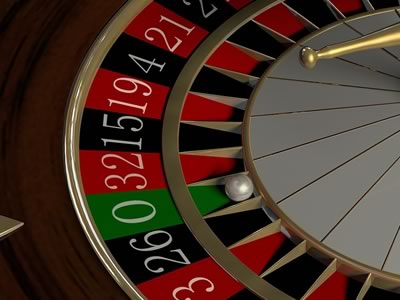
Mathematics of gambling and some common gambling fallacies
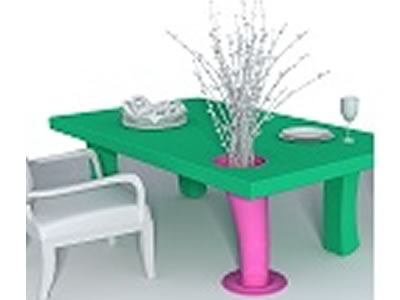
Can computers generate creative designs for everyday objects?
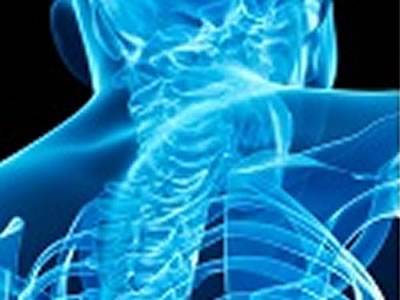
X Rays: from Röntgen to digital radiography and beyond
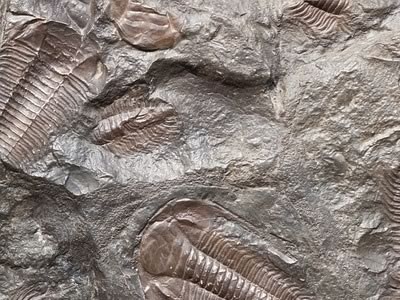
From Destruction Comes Creation: Using Taphonomy to Understand Dinosaur Behaviour

Grow Your Own App

Battling cancer using computers and statistics
Page 4 of 5